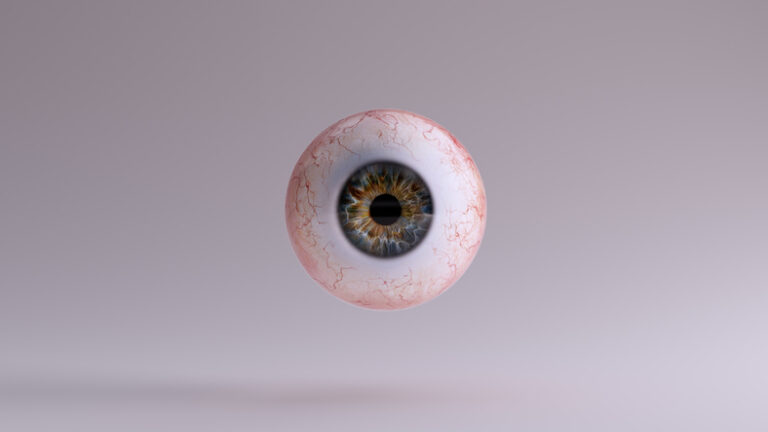Presbyopia is an age-related blurred near vision. AARP’s recent article entitled “Can Eye Drops Replace Your Reading Glasses?” says that there’s good news for squinters. In October 2021, the FDA approved the first (and so far, only) eye drops that treat presbyopia. The eye drops, called Vuity, contain pilocarpine, which has been used for around 120 years to treat glaucoma. This is the first formulation to target presbyopia specifically.
Allergan, a subsidiary of AbbVie, debuted Vuity on December 9, 2021. It is only available by prescription. Vuity works very simply, reducing pupil size by constricting certain muscles, explains AbbVie advisory board consultant Marguerite McDonald, M.D., a clinical professor of ophthalmology at both New York University and Tulane University. The constriction allows for better up-close vision. It is approved for use once daily and works for up to six hours. The cost is $86 for a 2.5 milliliter bottle (about a 30-day supply), depending on the pharmacy.
Dr. McDonald says, on average, Vuity should start working within 15 minutes.
“I could see on my computer without struggling or needing glasses, and it lasted throughout the workday,” one user said.
Vuity reports that users may experience temporary problems when changing focus between near and far objects. However, in its development, the company found that participants achieved a “three-line gain or more reading a near-vision eye chart without losing more than one line in a distance vision eye chart at Day 30, three hours after dosing.”
“We know a great deal about the active compound pilocarpine. It was used in higher concentrations and it's very safe,” McDonald says. She adds that the drops can be used with contact lenses, but as with all eye medications, users should wait 15 minutes after application before inserting lenses. If using other eye drops, wait five minutes between different applications.
Doctors say that the ideal patient for these drops are people in their 40s to 50s who do not want to wear reading glasses. The age group is old enough to have developed presbyopia but young enough that they would not have started developing cataracts. Cataracts are lenses that have started to yellow, restricting the amount of light that gets in, making vision appear darker. Vuity acts by constricting the iris, limiting the amount of light that hits the lens, so cataract patients will find that the drops make their vision appear even darker, creating more difficulty where light is low.
“The significance of this FDA approval is massive. Glasses, contact lenses and surgery are traditional treatments, but, for various reasons, do not work well for every patient. Having a novel treatment option in the form of a presbyopia eye drop is a welcome addition to our armamentarium against this universal age-related near vision condition that effects essentially everyone over the age of 40,” says Christopher Starr, M.D., clinical spokesperson for the AAO.
There are about nine similar eye drops for presbyopia in development that may be available soon.
By: Edward J. Welch, Esq. ||| Estate Planning | Wills | Trusts | Asset Protection
If you would like to discuss your legacy options with an estate planning attorney in Jupiter or Palm Beach Gardens, Florida, schedule a complimentary call with Edward J. Welch at Welch Law, PLLC. At Welch Law, WE WANT TO DRAFT YOUR LEGACY!
Reference: AARP (Dec. 17, 2021) “Can Eye Drops Replace Your Reading Glasses?”


